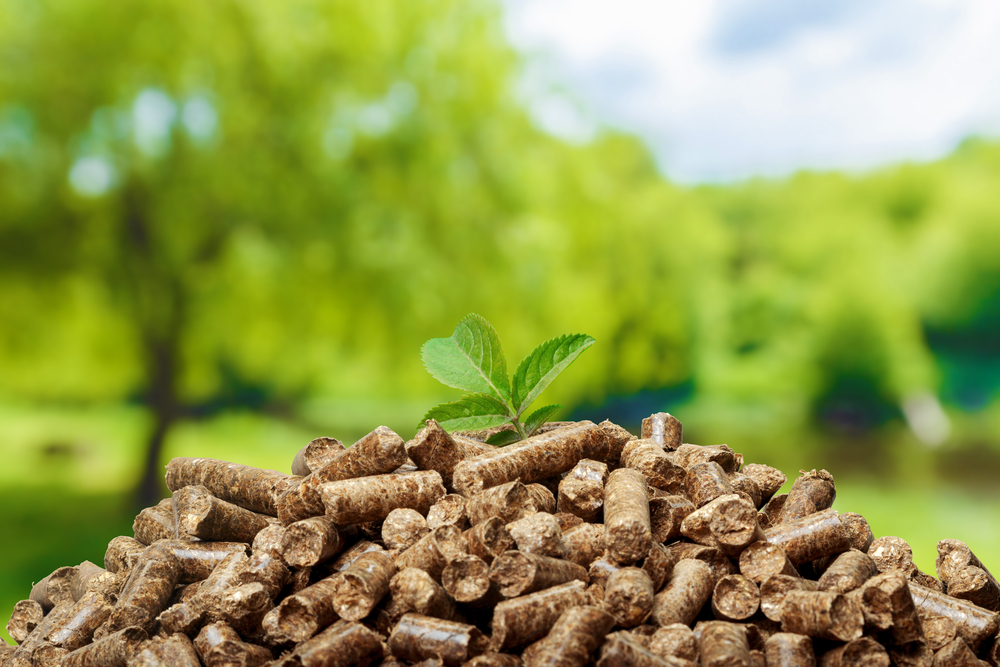Blog
The wastewater treatment plant in the Netherlands filters used toilet paper. It is used as building material
Did you know that Europeans consume up to 5 million tonnes of toilet paper per year? In the Netherlands they have found new use for it that is environmentally and economically beneficial

According to the European Tissue Symposium, Europeans use up to 5 million tonnes of toilet paper per year. In the Netherlands they got an idea how to use this huge amount of recyclable waste. Selected companies within The Cellvation project are changing toilet paper into building materials and asphalt.
CirTec company, which together with KNN Cellulose BV is backing the project, works for two years to achieve effectively producing building materials from the toilet paper from the sewage.
In the Geestmerambacht (near Alkmaar) sewage plant, which is part of the project, it regularly strains 400 kilograms of cellulose, mainly paper and cotton, daily through its industrial sieve.
Why in the Netherlands?
Ms. Carlijn Lahaye, CirTec's CEO stated for british The Guardian that a lot of toilet paper that drains through the sewer pipes in the Netherlands includes high-quality fibers. "The Dutch prefer luxury toilet paper, and therefore cellulose has premium quality in those rolls," she explains.
Asphalt making instead of burning it
Cellulose, which would normally have been burned after filtration in the wastewater treatment plant, will be further reused thanks to this project. After filtering i tis beeing purified and sterilized at very high temperatures. It is then processed, for example, into pellets which are sold as raw material for the production of asphalt and building materials.

Last year, in the Netherlands, the first public cycling route was opened and the pellets obtained from straining were used. To produce one kilogram of asphalt, about three kilos of such pellets are spent.
Other visions of processing
Part of the pellets is also exported to the Brunel University in London. Here they are working on technology to use the material as a source of energy or as a material for making bottles from bioplast.
Economically beneficial
Although the project is still in its pilot phase two years after launch the companies involved in the project believe that the idea of recycling toilet paper can be beneficial not only from an environmental point of view but also from a financial perspective.
Processing a pulp produces a valuable product whose sales are able to reduce the cost of the entire wastewater treatment process.
More articles
The future of water: seven not-so-optimistic predictions
What will happen to the glaciers in the Dolomites or to the groundwater in Spain?
